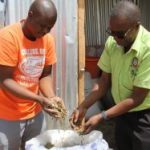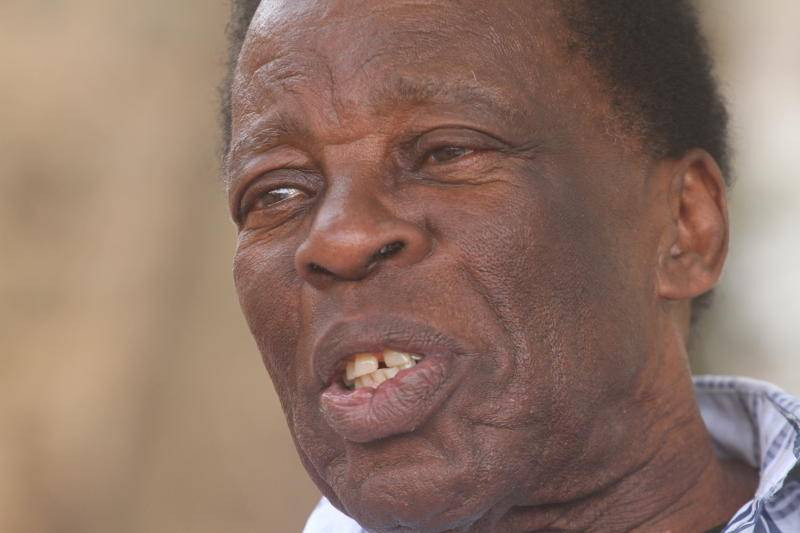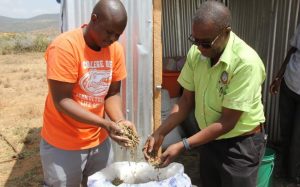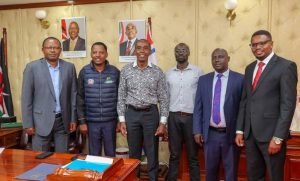For decades, Leonard Mambo Mbotela was the voice that guided Kenyans through moments of triumph and tragedy.
His rich baritone, steady and reassuring, filled the airwaves, making him a household name. On Friday, February 7, the veteran journalist died after a short illness, leaving behind a legacy that shaped Kenya’s media landscape.
Tributes have poured in from journalists, politicians, and admirers who credit Mbotela with inspiring generations of broadcasters and upholding the highest standards of journalism.
A mentor to many
Among those mourning his demise, is Nyali MP Mohamed Ali, who first met Mbotela in 2002 as an intern at the Kenya Broadcasting Corporation (KBC).
“He was disciplined, hardworking, and committed to his craft,” Ali told The Standard. “I admired his work ethic and punctuality. He was always in the studio at his designated time—never late.”
Their paths would cross again in 2010 when Ali, then an investigative journalist at KTN, interviewed Mbotela about the 1982 coup—an event that forever linked the broadcaster to a pivotal moment in Kenya’s history.
To many Kenyans, Mbotela’s voice was synonymous with “Je, Huu Ni Ungwana?”, the long-running KBC program that challenged listeners to reflect on good manners and morality.
Veteran broadcaster Jeff Mwangemi, who worked alongside Mbotela for decades, recalled how his presence in the newsroom shaped aspiring journalists.
“I started listening to Mambo Mbotela while still in school, and it was humbling to later work with him at the broadcasting house,” said Mwangemi, fondly known to his fans as ‘Crucial Mundu.’
He also recalled how Mbotela played a role in popularising the Swahili term ‘mtaani’, particularly during the aftermath of the 1982 coup, when he announced curfew regulations.
“Wananchi wanaombwa wasitokee mtaani kuanzia saa kumi na mbili alfajiri mpaka saa kumi na mbili jioni. Watu wakaae mtaani,” Mwangemi recalled.
Mbotela’s dedication to broadcasting was unwavering, his colleagues say. For over five decades, he remained at KBC, where his voice became an integral part of national events.
Wellington Nyongesa, the Intake Editor at The Standard Group, recalled Mbotela’s impeccable professionalism.
“He was always impeccably dressed and punctual. I met him at KBC in 2002 when he was recording his famous show Je, Huu Ni Ungwana? and he always adhered to a strict schedule,” said Nyongesa.
Stay informed. Subscribe to our newsletter
Mbotela’s voice also became a staple in football commentary and presidential events, alongside broadcasting greats like Salim Manga and Jacob Mogoa.
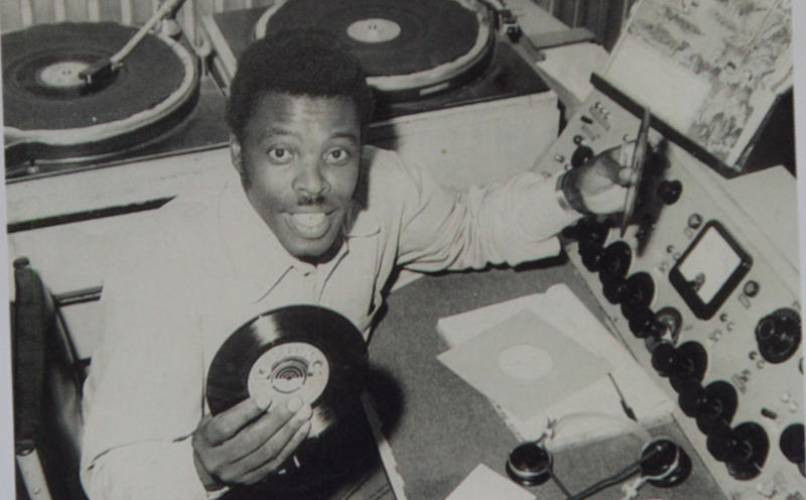
Leaders pay tribute
President William Ruto described Mbotela as a gifted and powerful broadcaster who left an indelible mark on Kenyan media.
“His alluring voice dominated our airwaves with first-class football commentaries and the signature program Je, Huu Ni Ungwana? He will be fondly remembered for mentoring young broadcasters,” he stated.
We are heartbroken by the death of veteran broadcaster Leonard Mambo Mbotela.
He was a gifted and powerful broadcaster whose alluring voice dominated our airwaves with his first-class football commentaries and the signature programme “Je, Huu Ni Ungwana?”
Mbotela will fondly be… pic.twitter.com/YhvFb79QAD
— William Samoei Ruto, PhD (@WilliamsRuto) February 7, 2025
The Orange Democratic Movement (ODM) also paid tribute, stating that he leaves behind a rich legacy in the media industry.
“His articulation of issues and educative programs like Je, Huu Ni Ungwana and swahili programs on KBC Radio Ya Taifa will forever be etched in the memory of Kenyans. He has left an indelible mark on the history of our nation. We shall miss him,” the Party said in a statement.
National Assembly Speaker Moses Wetang’ula echoed similar sentiments, mourning the loss of a voice that had shaped Kenya’s history.
“Growing up, Mbotela’s show, Je, Huu Ni Ungwana? was more than just a radio program it was a moment of reflection, a lesson in morality, and a guiding force for a society that needed constant reminders of dignity and decency. His mastery of Swahili, his eloquence, and his ability to capture the essence of our culture made him a giant in the industry,” said Wetang’ula.
A lasting legacy
As Kenya mourns the loss of one of its most iconic voices, Mbotela’s influence will endure.
Rest in peace, Mzee Mbotela.

